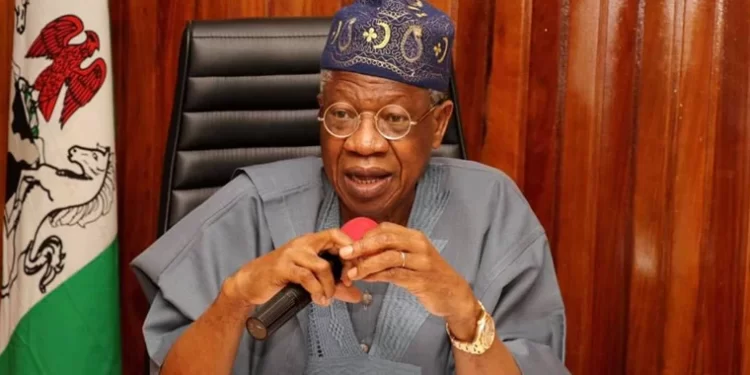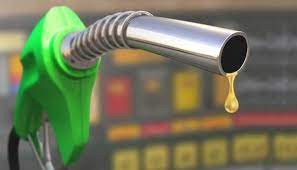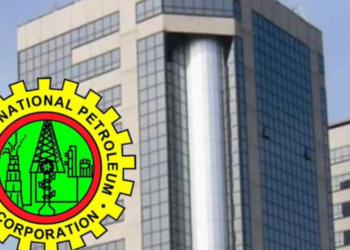Nigeria Minister of Information, Lai Mohammed, this Monday stated that a move towards eliminating petrol subsidy in Nigeria, despite its increasing maintenance cost, could spur chaos, instability, and social disharmony in the country.
The statement was made by the minister during the signing ceremony of the joint declaration between Germany and Nigeria to return Benin Bronzes, in Berlin, Germany July 1, 2022, according to a statement by Reuters.
The rising energy prices due to supply disruption in the global commodity markets and the war in Ukraine have raised concerns about subsidies, particularly for Nigeria which incurs an increasingly higher cost to subsidize its domestic consumption of the product.
Nigeria imports almost all its fuel needs and the country’s plan not to abolish the fuel subsidies earlier this year raised concerns with the International Monetary Fund (IMF). Also, The World Bank believes that Nigeria’s costly subsidy contracts the country’s fiscal capacity to provide other pro-poor services such as education, health, and social protection which are more beneficial to the poorer household.
According to Reuters, “Nigeria suffers intermittent fuel shortages and has raised its deficit forecast twice this year and increased borrowing to cover the cost of the subsidy”.
The global news agency also highlighted that Nigeria’s petroleum production fell below the government’s target, with about $1 billion in oil revenue lost to crude oil theft–this is according to Gbenga Komolafe, head of the Nigerian Upstream Petroleum Regulatory Commission.
The World Bank believes that Nigeria’s fuel subsidy regime is regressive. In its Nigeria Development Update (NDU) – June 2022, the international financial organization revealed that petroleum subsidy benefits Nigeria’s richer households more than the poorer household. It stated that the share of Nigerians that report directly purchasing petrol is significantly higher in the higher deciles of the consumption distribution — this is according to the estimate of World Bank and the Nigeria Living Standard Survey (NLSS).
According to the World Bank, there is an increasing urgency to do business unusual in Nigeria. The organization believes that fuel subsidies should be removed and the fiscal gains directed to other pro-poor activities: health; education; social protection to mention a few. It also believes that removing fuel subsidies will increase the country’s capacity in bringing a lot of its citizens out of poverty.
Nigeria’s external sector is still very challenging. With about $100 billion in total debt, borrowing to finance subsidies will only worsen the current situation. Also, higher oil prices is not having a pass-through effect to inclusive growth as foreign exchange premiums resulting from multiple exchange rates in the country, and FX restrictions undermine external sustainability.
The World Bank said that CBN’s step in unifying exchange rates is incomplete, and the persistence of multiple rates continues to discourage private investment. It also encouraged the country to dial down on FX restrictions.
However, Lai Mohammed stressed that a new industry law that will manage the situation and allocate money to oil-producing communities would stop attacks on the oil production infrastructure. In the minister’s opinion, countries around the world are introducing measures to help mitigate the impact of the rising energy prices, thereby helping their citizens cope with the current situation.










